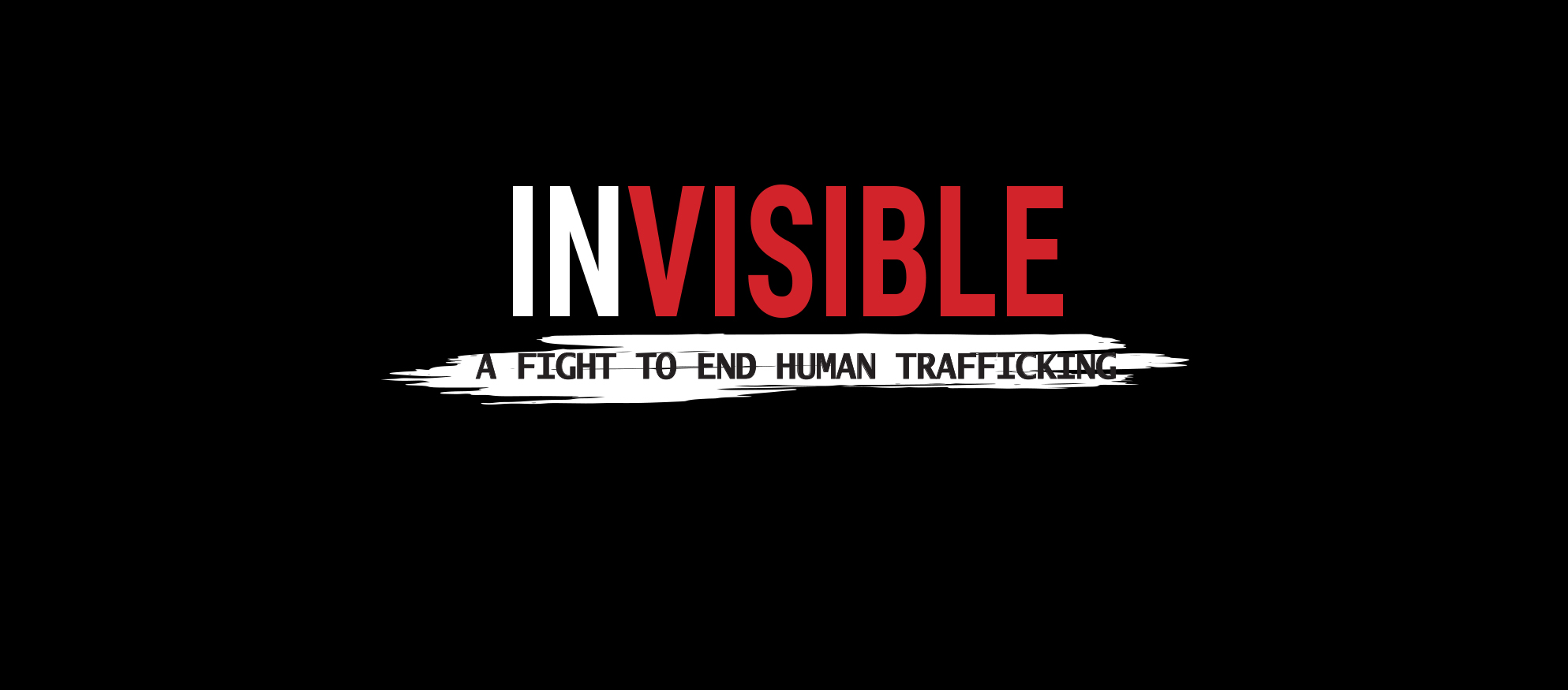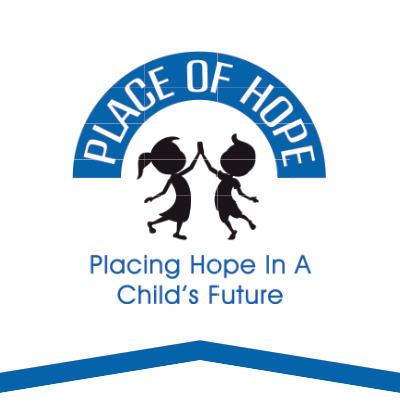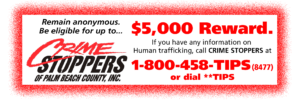
Invisible is a documentary exposing the epidemic of human trafficking that is happening right here in our own backyards. Human trafficking is a form of modern slavery where people profit from the control and exploitation of others. Human trafficking is not only an overseas issue. Florida ranks 3rd in the nation for reported cases of human trafficking.
You can make a difference.
Together we can battle human trafficking and extinguish it from our communities. You can be the light. Give. Host. Volunteer.
BE THE LIGHT
Together, we can put an end to human trafficking. You can be the light in three main ways, with a financial gift, by hosting an Invisible Screening and by joining the Hope Campaign.
Learn more about Place of Hope’s Human Trafficking Prevention, Education and Recovery Program here.
To learn more, contact our Human Trafficking Education & Prevention Coordinator: [email protected]
What is Human Trafficking?
A trade or exchange of a person for the purpose of sex acts or labor (work). The use of force, fraud or coercion* to hold someone against their will and make them perform sex acts or labor in exchange for something of commercial value (profit). *Force, fraud or coercion do not have to be proven if the victim is a minor under 18 years old.
Who is Vulnerable?
Anyone, but some people are more vulnerable than others. Significant risk factors include unstable or single parent home life, criminal history, porn exposure, lack of knowledge of human trafficking, substance use, mental health concerns, involvement with the child welfare system and being a runaway or homeless youth. Often, traffickers identify and leverage their victims’ vulnerabilities in order to create dependency.
Who Are the Traffickers?
Traffickers can be foreign nationals or U.S. citizens, family members, partners, acquaintances, and strangers. They can act alone or as part of an organized criminal enterprise. People often incorrectly assume that all traffickers are males; however, the United States has prosecuted cases against women traffickers. Traffickers can be pimps, gang members, diplomats, business owners, labor brokers, and farm, factory, and company owners.
Place of Hope is a faith-based, state licensed children and families organization providing a continuum of care for those in desperate need, with programs and services specializing in neighborhood foster care and emergency shelter, affordable transitional housing and support services for young adults aging out of foster care or otherwise homeless young adults, housing and support for single mothers facing imminent homelessness, maternity care, family outreach strengthening, outreach, and child abuse prevention, and human trafficking intervention, prevention, and targeted therapy for survivors.
Four Ways We Are Combatting Human Trafficking:
- Targeted Therapy Programs: High-quality targeted therapeutic programs and tailored case management are provided for both our adult and minor survivors and at-risk youth. Additionally, we are providing affordable transitional housing, education and enrichment opportunities, and independent life skills development programming for survivors. Each day we care for an average of 9 to 11 male and female survivors across our footprint.
- Intervention & Prevention: By providing safe and stable, loving and supportive family environments for children in foster care, affordable transitional housing and independent life skills programming for homeless youth and single mothers with dependent children, and high quality, case management for all our residents, we are reducing their vulnerabilities to become victims of grooming, sextortion and trafficking. Our programs model and demonstrate a healthy family dynamic, accountability, structure and give our youth a hand-up with tools and resources to become self-sufficient, educated and productive.
- Education & Awareness: Though community outreach, human trafficking presentations, social events, and our documentary Invisible, we are shining a light in the darkness so that human trafficking can no longer hide in plain sight. Since 2019, we have helped educate over 80,000 community members on human trafficking and how to safely report.
- Crime Stoppers: Place of Hope has partnered with Crime Stoppers to help bring justice and healing for victims. Place of Hope will match Crime Stoppers TIPS dollar-for-dollar up to $2,000 for any tip that leads to an arrest or recovery in a human trafficking related case.
Report a crime with Crime Stoppers now
Help us today in breaking the cycle of exploitation and trafficking. Email [email protected] to learn more.
Am I Seeing Something?
The best way to help is to pay attention to people you actually know or interact with – your students, children, siblings, friends, patients, co-workers, neighbors, etc. Some potential indicators are:
- Sudden and drastic changes in style/clothing, or behavior changes (withdrawn, depressed, aggressive, etc.), unusually tired, absent from school
- Newly showered with gifts or money or otherwise become the object of an overwhelming, fast-moving and asymmetric (young/older; wealthy/struggling) romantic relationship
- Developing a relationship which seems “too close” with someone they know solely on social media
- Offered a job opportunity that appears too good to be true
- Cuts, bruises, burns and other marks on body
Some Questions to Consider Asking:
- Are you able to freely come and go or can you come and go as you please?
- Do you have control over you own money?
- Can you leave your job or situation if you want?
- Have you been threatened or has anyone threatened your family?
- Is anyone forcing you to do anything you do not want to do?
- Are you physically being harmed in any way?
- Have you ever been deprived of food, water, sleep or medical care?
- What are your working or living conditions like?
How to Safely Report
If you suspect someone you know is being trafficked or abused or are witnessing it, call your local law enforcement (911). To remain anonymous, call your local victims’ advocate 24 hour helpline. The National Human Trafficking Hotline is also available for suspicion reports or incidents not currently happening.
Palm Beach County Victim Advocate: 866-891-7273
Treasure Coast Victim Advocate: 800-962-2873
National Human Trafficking Hotline: 888-373-7888


